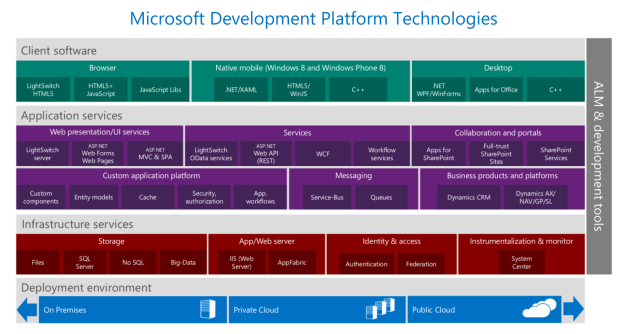Below are some specific examples of interview questions and also some possible responses. It would be great to hear any feedback or thoughts on these.
- Interview Question: An Ambiguous Client – what would you do?
1.0 Setup a workshop or meeting and discuss the matters at hand and a way forward.
1.1 Make the workshop as fun as possible. Keep it visual and prepare a structure for how it will work and what the deliverables from the workshop will be.
1.2 Lead and drive them forward to make decisions and to feel good about what is being or could be implemented. Paint a road map and try experimenting if only to move things forward.
1.3 Utilise the values that lies at the heart of all human beings. For example you want to deliver what is best for you and the firm. You want to deliver a great piece of work; that reflects well on all those involved so lets drive the project forward.
2. Interview Question: What would you do if the two senior members of staff disagreed on who a solution should be implemented and you had to get it delivered in a short time span.
2.0 Setup a meeting or workshop where they can sit down and discuss the issues.
2.1 Get them to agree a way forward. (Tell they can’t leave until they do, as long as the mood in the room is right and some humour is applicable!)
2.3 Remind them it is a business as well and that solutions come when ideas evolve by speaking to customers, internal or external, or the client.
2.4 Finally if necessary escalate with an even more senior member of staff.
3. How would you deal with a situation where you were told a website had to go live on a certain date, but shortly before this you were told by the dev team that it wasn’t going to happen in time.
3.1 I would talk to people. Then I would escalate the situation with my senior manager.
3.2 I would clearly communicate internally the issue to all that has arisen.
3.3 I would see what resources could be moved around to help resolve the issue.
3.4 I would also communicate with the client the possible risk. Not ideal, but it’s better that than saying it on the day. And I would want to be in a situation with the client already where I had a good working relationship and I had kept up good communication with them.
3.5 Finally I would look at an ad-hoc solution that would cover for a few days while the website was prepared. This would be in my “what-if” risk log already.





